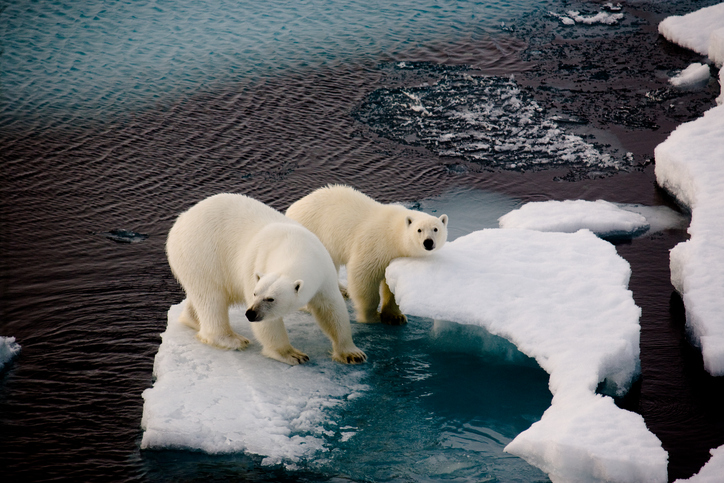
Washington, September 8
Extreme coastal events happening every 100 years currently are expected to occur, on average, every year by the end of this century due to global warming, according to a study.
The research, published in the journal Nature Climate Change, looked specifically at extreme sea levels — the occurrence of exceptionally high seas due to the combination of tide, waves and storm surge.
The researchers predict that because of rising temperatures, extreme sea levels along coastlines globally will become 100 times more frequent by the end of the century in about half of the 7,283 locations studied.
While there is uncertainty about future climate, the researchers said the most likely path is that these increased instances of sea level rise will occur even with a global temperature increase of 1.5 or 2 degrees Celsius compared to preindustrial temperatures.
Scientists consider these temperatures the lower end of possible global warming.
The changes are likely to come sooner than the end of the century, with many locations experiencing a 100-fold increase in extreme sea level events by 2070, they said.
Claudia Tebaldi, a climate scientist at the US Department of Energy's Pacific Northwest National Laboratory, led an international team of researchers in the analysis.
The team found that the effects of rising seas on extreme sea level frequency would be felt most acutely in the tropics and generally at lower latitudes compared to northern locations.
Areas likely to be affected most include the Southern Hemisphere, locations along the Mediterranean Sea and the Arabian Peninsula, the southern half of North America's Pacific coast, and areas including Hawaii, the Caribbean, the Philippines and Indonesia.
In many of these regions, sea level is expected to rise faster than at higher latitudes, according to the researchers.
Regions that will be less affected include the higher latitudes, the northern Pacific coast of North America, and the Pacific coast of Asia, they said.
The new study mirrors the assertion of the 2019 Intergovernmental Panel on Climate Change report, which stated that extreme sea level events would become much more common worldwide by the end of the century due to global warming.
"It is not huge news that sea level rise will be dramatic even at 1.5 degrees and will have substantial effects on extreme sea level frequencies and magnitude," said Tebaldi.
"This study gives a more complete picture around the globe. We were able to look at a wider range of warming levels in very fine spatial detail," he added.
The best- and worst-case scenarios put forth by the study vary, due to uncertainties that the study authors represented in detail.
In one scenario, at the pessimistic end, 99 per cent of locations studied will experience a 100-fold increase in extreme events by 2100 at 1.5 degrees Celsius of warming.
In another, at the optimistic end, about 70 per cent of locations won't see much of a change even with a temperature increase of 5 degrees Celsius. PTI
Join Whatsapp Channel of The Tribune for latest updates.



























